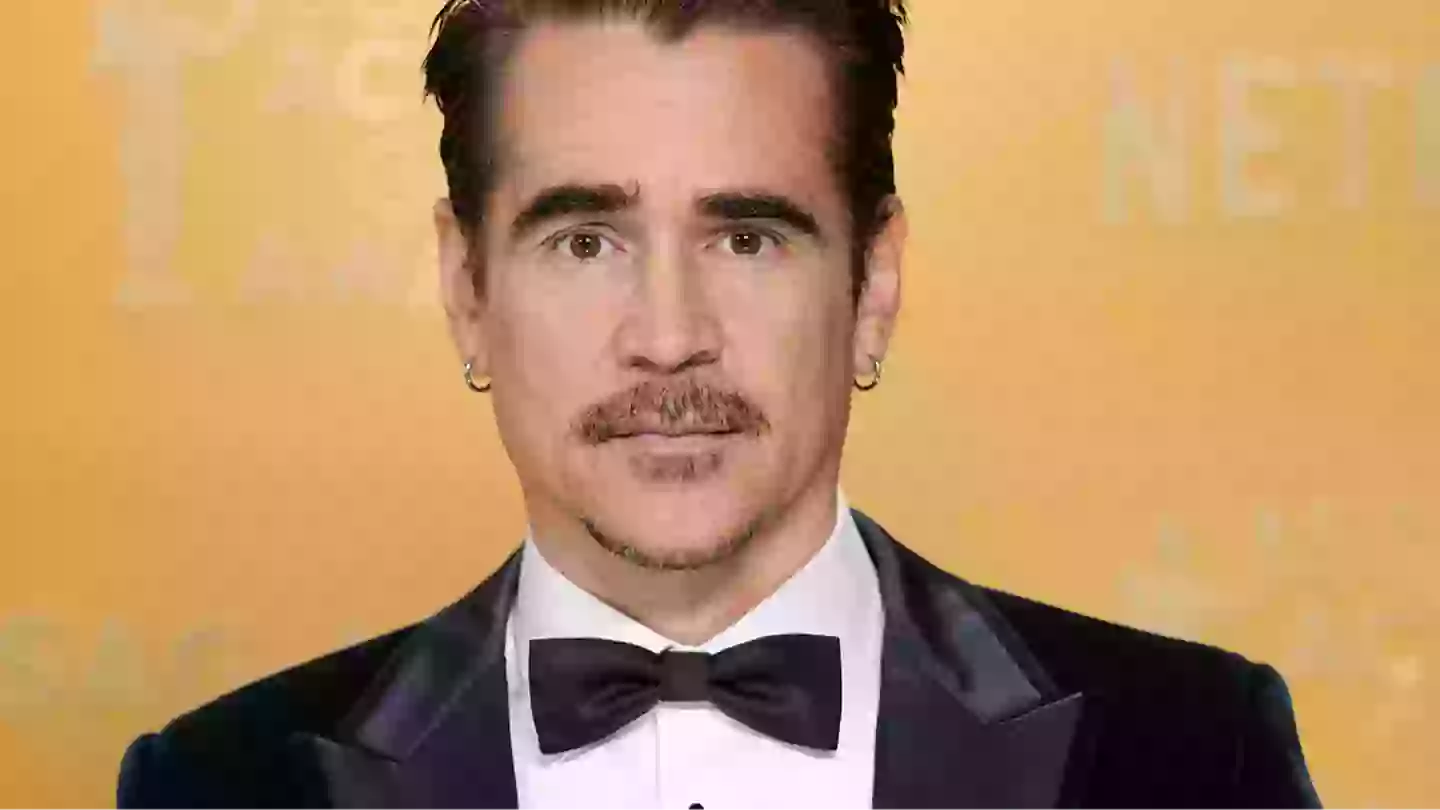Colin Farrell recently opened up about his decision to seek specialized care for his son, James Padraig Farrell, who is living with Angelman Syndrome, at a professional facility in the future.
In August of last year, Farrell publicly discussed for the first time the challenges faced by his 21-year-old son due to this rare genetic disorder, which causes intellectual and developmental delays.
During a conversation with PEOPLE, Farrell expressed his desire for greater awareness and kindness towards his son, whom he shares with ex-partner Kim Bordenave. He highlighted the difficulty in accessing appropriate support and care for his son, particularly since many services in the U.S. cease when a person turns 21.
In a recent interview with Candis magazine, Farrell elaborated on his reasons for preferring professional care for his son, despite the possibility of providing care at home himself.
He stated, “It’s tricky, some parents will say: ‘I want to take care of my child myself.’ And I respect that. But my horror would be… What if I have a heart attack tomorrow, and, God forbid, James’ mother, Kim, has a car crash and she’s taken too — and then James is on his own. Then he’s a ward of the state and he goes where? We’d have no say in it.”
Farrell also shared the long-term aspirations that he and his ex have for James as he grows older.
He added, “And one thing I can say about James is that he knows when somebody wants to be with him, and he knows when somebody’s just supposed to be with him.
“So, if he has a carer or a teacher or somebody who’s doing physical therapy with him and they’re not fully engaged and fully loving with him, he’ll just switch off.”
He further explained, “What his mother and I want is to find somewhere we like where he can go now, while we’re still alive and healthy, that we can go and visit, and we can take him out sometimes.
“We want him to find somewhere where he can have a full and happy life, where he feels connected. He needs a bigger life than we can afford him, by having a sense of community that he feels connected to, by going out in the van every day and going to the supermarket and doing the shopping together, by going to the beach, museums, movies, all that stuff. Just a connected life.”

